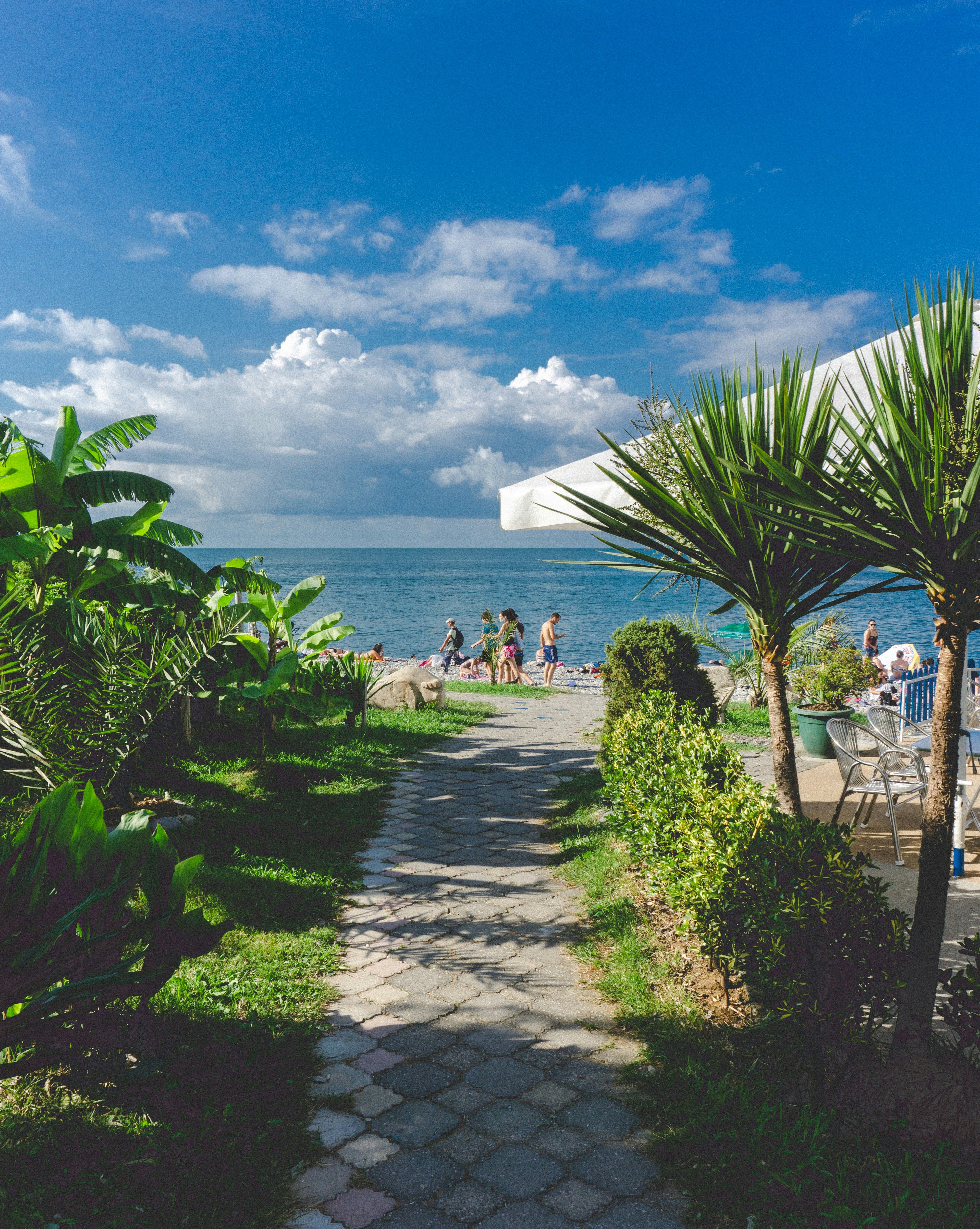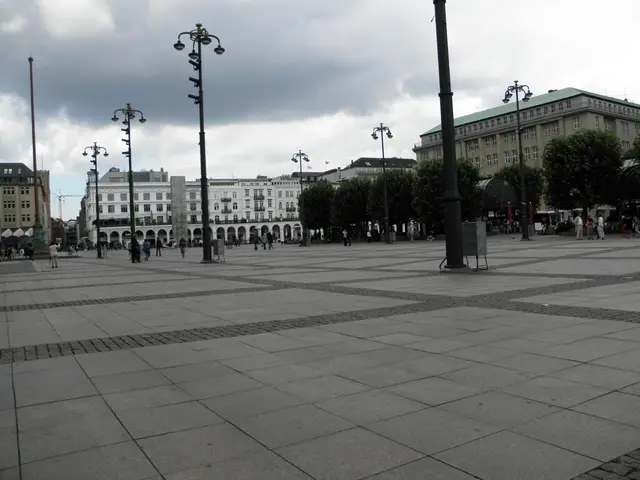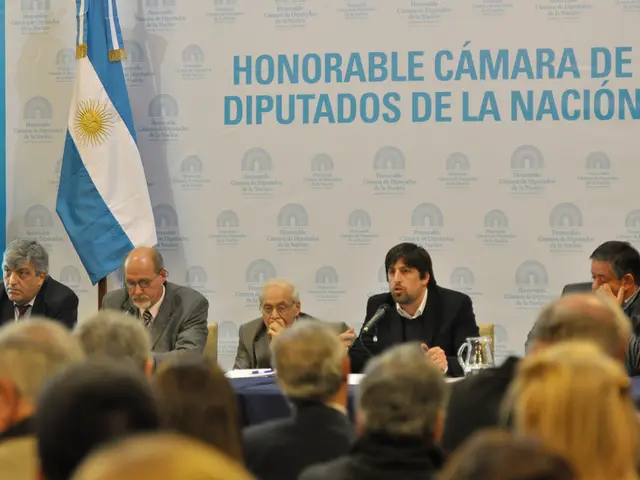International Organization Established in Hong Kong Challenges Authority of World Court; Hong Kong Chief John Lee Ka-chiu Confirms Equivalence to UN's International Court of Justice.
The Chinese government announces the formation of an international mediation organization, IOMed, with a desire to rival the International Court of Justice (ICJ). The move comes as a significant step in the global mediation sector and aims to solidify Hong Kong's position as a leading mediation hub.
Chinese Minister of Foreign Affairs Wang Yi presided over the signing ceremony for the Convention on the Establishment of the International Organisation for Mediation, held in Hong Kong on Friday. Representatives from various countries, including Indonesia, Pakistan, Laos, Cambodia, Serbia, and numerous international bodies attended the ceremony, including the United Nations.
The newly formed IOMed will focus on resolving disputes between countries, conflicts between a nation and those of another nation, and international commercial disputes, with the consent of all parties involved. The organization will fill a critical gap in mechanisms focused on mediation-based dispute resolution.
Beijing seeks to leverage IOMed to bolster Hong Kong's international standing, as the city grapples with sustained economic stagnation since its return to Chinese rule in 1997. IOMed's potential for substantial economic benefits and job opportunities could stimulate various sectors, including hospitality and transport in Hong Kong.
The ICJ, a principal judicial organ of the UN, remains the primary body for solving legal disputes between member states in accordance with international law. Unlike the ICJ, IOMed favors a diplomatic approach, offering a flexible, cost-effective, and efficient means of resolving disputes, complementing existing mechanisms and promoting improved global governance.
Hong Kong Chief Executive John Lee Ka-chiu declared that the status of IOMed would be equal to those of the ICJ and the Permanent Court of Arbitration in The Hague. Hong Kong's Justice Secretary Paul Lam expressed the belief that IOMed would help address challenges from hostile external forces attempting to de-internationalize and de-functionalize Hong Kong.
The headquarters of IOMed, scheduled to open by the end of this year or early 2026, will be located in a former police station in Hong Kong's Wan Chai district.
The new International Organisation for Mediation (IOMed), formed by the Chinese government, aims to provide a diplomatic, flexible, cost-effective, and efficient means of resolving disputes, complementing the existing mechanisms of the International Court of Justice (ICJ). The Chinese Minister of Foreign Affairs, Wang Yi, presided over the signing ceremony for the IOMed convention in Hong Kong. IOMed's focus on resolving conflicts between nations, international commercial disputes, and disputes between nations and their citizens, with the consent of all parties involved, could potentially offer substantial economic benefits and job opportunities for Hong Kong, which has experienced economic stagnation since its return to Chinese rule in 1997.








